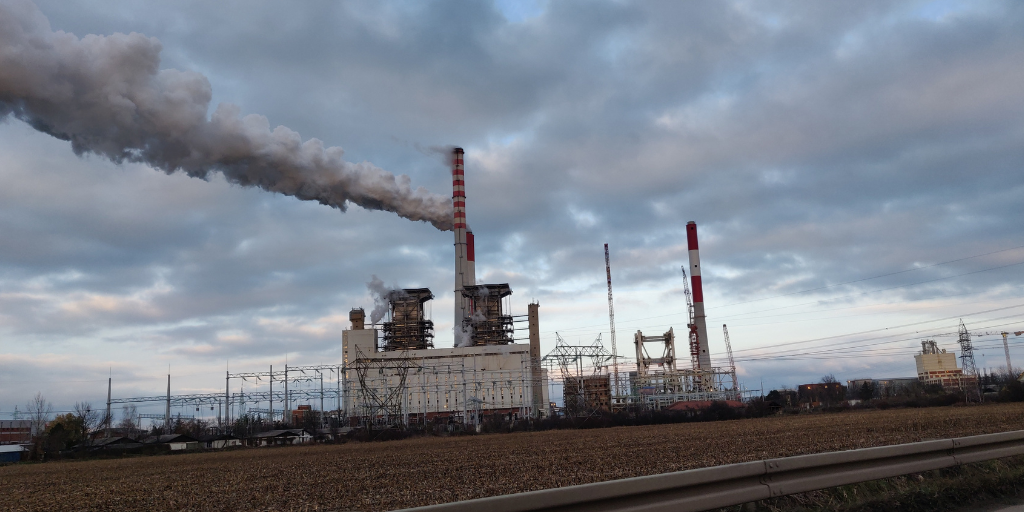The Western Balkan power sector: between crisis and transition

Report | 5 December 2022
As energy transition in the Western Balkans slowly proceeds, energy crisis has hit the region on four fronts: electricity prices, technical problems at coal plants, lack of water for hydropower, and skyrocketing biomass prices. This crisis is both a serious threat to the transition and an opportunity. Yet many of these countries still benefit from exporting coal-based electricity to the EU, and can now rake in more income than ever, even if it comes at the expense of public health. However, this cannot continue for many more years as the operation of the carbon border adjustment mechanism (CBAM) or a national or regional carbon pricing system to avoid CBAM is guaranteed to further raise coal-based electricity production costs.
According to the Commission’s proposal, the EU is going to start imposing charges on electricity imports in 2026, with higher impacts on countries with higher exports, higher emissions and a higher percentage of fossil fuels used in electricity generation. If the countries are to avoid being hit by CBAM, planning a just transition and introducing carbon pricing is more important than ever. Revenue from CBAM will be used for the EU budget, whereas domestic carbon pricing can directly contribute to energy transition in the countries. In fact, with a moderate carbon price of EUR 50 per tonne, the countries could collect a total of around EUR 2.8 billion annually to spend on a just and sustainable energy transition.
Theme: Just Transition
Location: Western Balkans
Project: Coal in the Balkans, Just transition
Tags: Just transition fund | coal phase out
Never miss an update
We expose the risks of international public finance and bring critical updates from the ground. We believe that the billions of public money should work for people and the environment.
STAY INFORMED
